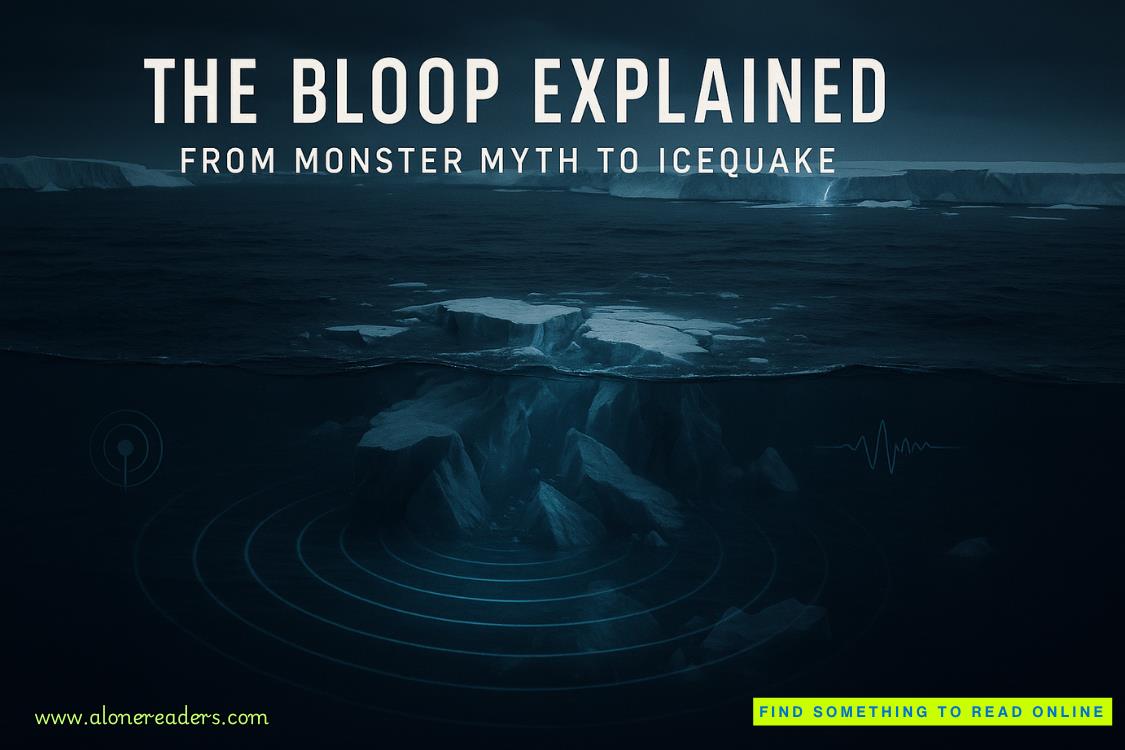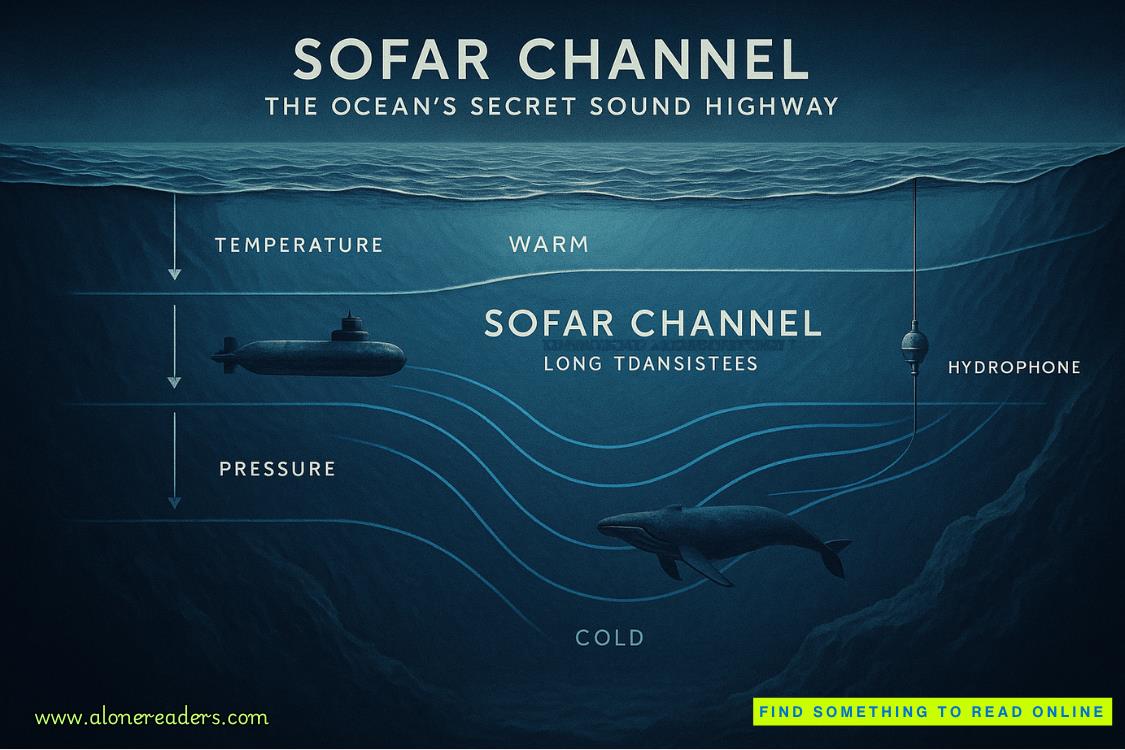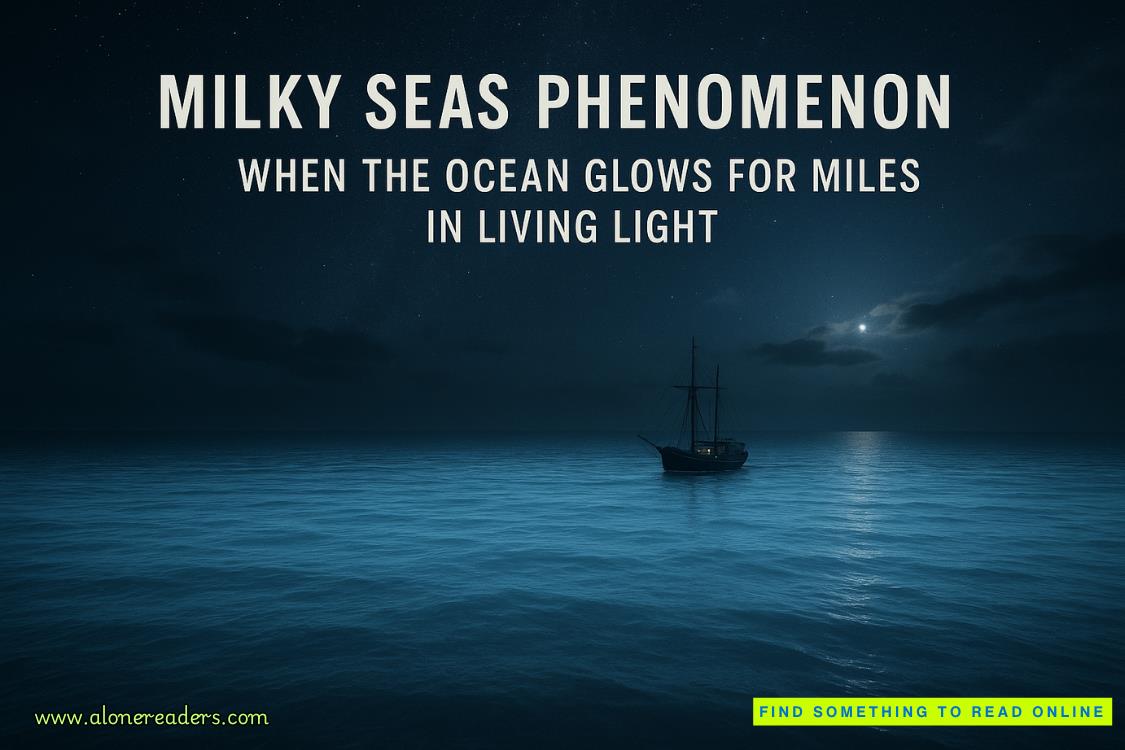Page 72 of Just One Day (Just One Day 1)
Yesterday I would’ve said no. Too high. Too dangerous. But today I say, “I can try.”
I sling my bag over my shoulder and step onto the ladder Willem has made with the loop of his hands. He heaves me halfway up, and I get a foothold in a groove in the plaster and use the scaffolding to get myself to the ledge. I sort of belly-slide across it and grab at the spiral railings by the window, heaving myself through headfirst.
“I’m okay!” I call. “I’m fine.”
I poke my head out the window. Willem is standing just below. He has that private little half smile again. And then as effortlessly as a squirrel, he shimmies up, steps upright onto the ledge, crosses it with his arms out like a tightrope walker, bends his knees, and slips into the window.
It takes a minute for my eyes to adjust to the darkness, but once they do, I see white everywhere: white walls, white shelves, white desk, white clay sculptures.
“Someone left us a key,” Willem says.
We are both quiet. I like to think it’s a moment of thanksgiving for the providence of accidents.
Willem pulls out a small flashlight. “Shall we explore?”
I nod. We set off, examining a sculpture that looks like it’s made of marshmallows, a series of black-and-white photos of naked fat girls, a series of oil paintings of naked skinny girls. He shines the flashlight around a giant sculpture, very futuristic, metal and tubes, all twisted and turning, like an artist’s rendition of a space station.
We pad down the creaking stairs to a room with black walls and enormous photographs of people floating in deep blue water. I stand there and can almost feel the soft water, the way the waves caress when I sometimes go swimming in Mexico at night to escape the crowds.
“What do you think?” Willem asks.
“Better than the Louvre.”
We go back upstairs. Willem clicks off the flashlight.
“You know? One day one of these might be in the Louvre,” he says. He touches an elliptical white sculpture that seems to glow in the darkness. “You think Shakespeare ever guessed Guerrilla Will would be doing his plays four hundred years later?” He laughs a little, but there’s something in his voice that sounds almost reverent. “You never know what will last.”
He said that earlier, about accidents, about never knowing which one is just a kink in the road and which one is a fork, about never knowing your life is changing until it’s already happened.
“I think sometimes you do know,” I say, my voice filling with emotion.
Willem turns to me, fingers the strap on my shoulder bag. For a second, I can’t move. I can’t breathe. He lifts my bag and drops it to the floor. An eddy of dust flies up and tickles my nose. I sneeze.
“Gezondheid,” Willem says.
“Hagelslag,” I say back.
“You remember that?”
“I remember everything from today.” There’s a lump in my throat as I understand just how true this is.
“What will you remember?” He drops his backpack next to my messenger bag. They slump into each other like old war buddies.
I lean back against the worktable. The day flashes before me: From Willem’s playful voice over my breakfast on the first train to the exhilaration of making my strange admission to him on the next train to the Giant’s amiable kiss in the club to the cooling stickiness of Willem’s saliva on my wrist at the café to the sound of secrets underneath Paris to the release I experienced when my watch came off to the electricity I felt when Willem’s hand found me to the shattering fear of that girl’s scream to Willem’s brave and immediate reaction to it to our flight through Paris, which felt just like that, like flight, to his eyes: the way they watch me, tease me, test me, and, yet, somehow understand me.
That’s what I see before my eyes when I think of this day.
It has to do with Paris, but more than that, it has to do with the person who brought me here. And with the person he allowed me to become here. I’m too overcome to explain it all, so instead I say the one word that encapsulates it: “You.”
“And what about this?” He touches the bandage on my neck. I feel a jolt that has nothing to do with the wound.
“I don’t care about that,” I whisper.
“I care,” he whispers back.
What Willem doesn’t know—what he can’t know, because he didn’t know me before today—is that none of that matters. “I wasn’t in danger today,” I tell him in a choked voice. “I escaped danger today.” And I did. Not just getting away from the skinheads, but I feel like the whole day has been an electrical shock, paddles straight to my heart, bringing me out of a lifelong torpor I hadn’t even known I was in. “I escaped,” I repeat.















